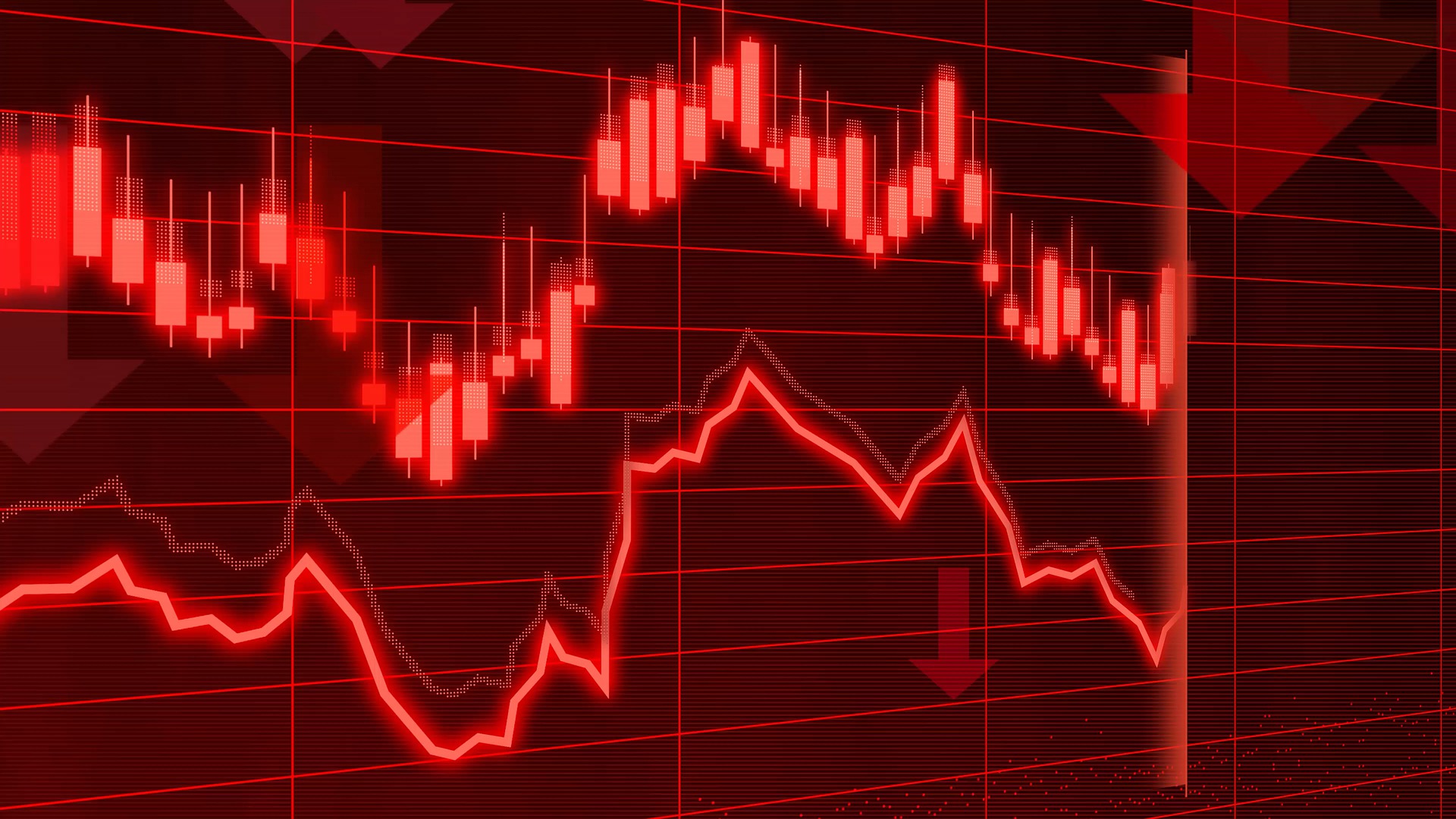
403
Sorry!!
Error! We're sorry, but the page you were looking for doesn't exist.
Consumer confidence index in US drops to 73.2 in January, lower than estimates
(MENAFN) The consumer confidence index in the US, as reported by the University of Michigan, fell to 73.2 in January, which was lower than market expectations. This represented a decline of 0.8 points from the previous month, when the index was at 74. Analysts had predicted a steady value of 74 for January, making this drop a surprise to the market.
In contrast to the overall decline in consumer confidence, the current economic conditions index saw an increase of 2.8 points, rising to 77.9 in January. This suggests that Americans' perceptions of their immediate financial situations are somewhat more positive, though they remain cautious in their longer-term outlook.
On the other hand, the consumer expectations index, which reflects Americans' long-term economic outlook, dropped by 3.1 points, reaching a level of 70.2 in January. This decline indicates that consumers are less optimistic about the economy in the months and years ahead, which has likely contributed to the overall dip in the confidence index.
Additionally, inflation expectations have risen. Short-term inflation expectations climbed from 2.8 percent to 3.3 percent, marking the highest level since May 2024. Long-term inflation expectations also increased, moving from 3 percent to 3.3 percent. These rising expectations of inflation reflect growing concerns among consumers about price increases, which could further affect their economic confidence in the future.
In contrast to the overall decline in consumer confidence, the current economic conditions index saw an increase of 2.8 points, rising to 77.9 in January. This suggests that Americans' perceptions of their immediate financial situations are somewhat more positive, though they remain cautious in their longer-term outlook.
On the other hand, the consumer expectations index, which reflects Americans' long-term economic outlook, dropped by 3.1 points, reaching a level of 70.2 in January. This decline indicates that consumers are less optimistic about the economy in the months and years ahead, which has likely contributed to the overall dip in the confidence index.
Additionally, inflation expectations have risen. Short-term inflation expectations climbed from 2.8 percent to 3.3 percent, marking the highest level since May 2024. Long-term inflation expectations also increased, moving from 3 percent to 3.3 percent. These rising expectations of inflation reflect growing concerns among consumers about price increases, which could further affect their economic confidence in the future.

Legal Disclaimer:
MENAFN provides the
information “as is” without warranty of any kind. We do not accept
any responsibility or liability for the accuracy, content, images,
videos, licenses, completeness, legality, or reliability of the information
contained in this article. If you have any complaints or copyright
issues related to this article, kindly contact the provider above.















Comments
No comment